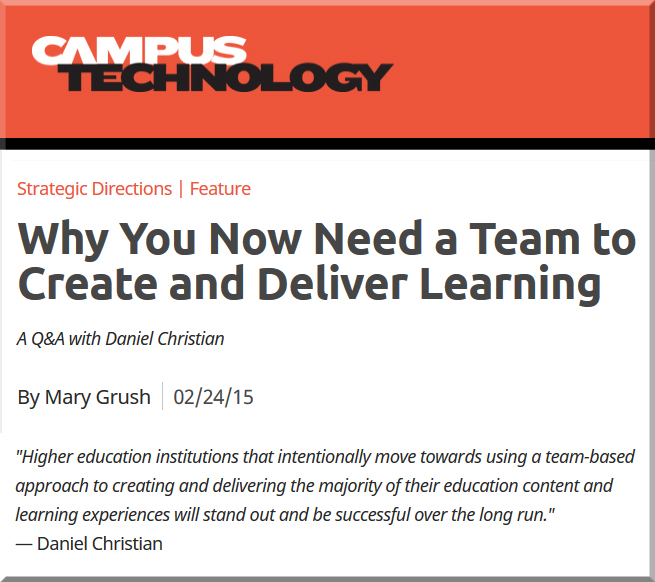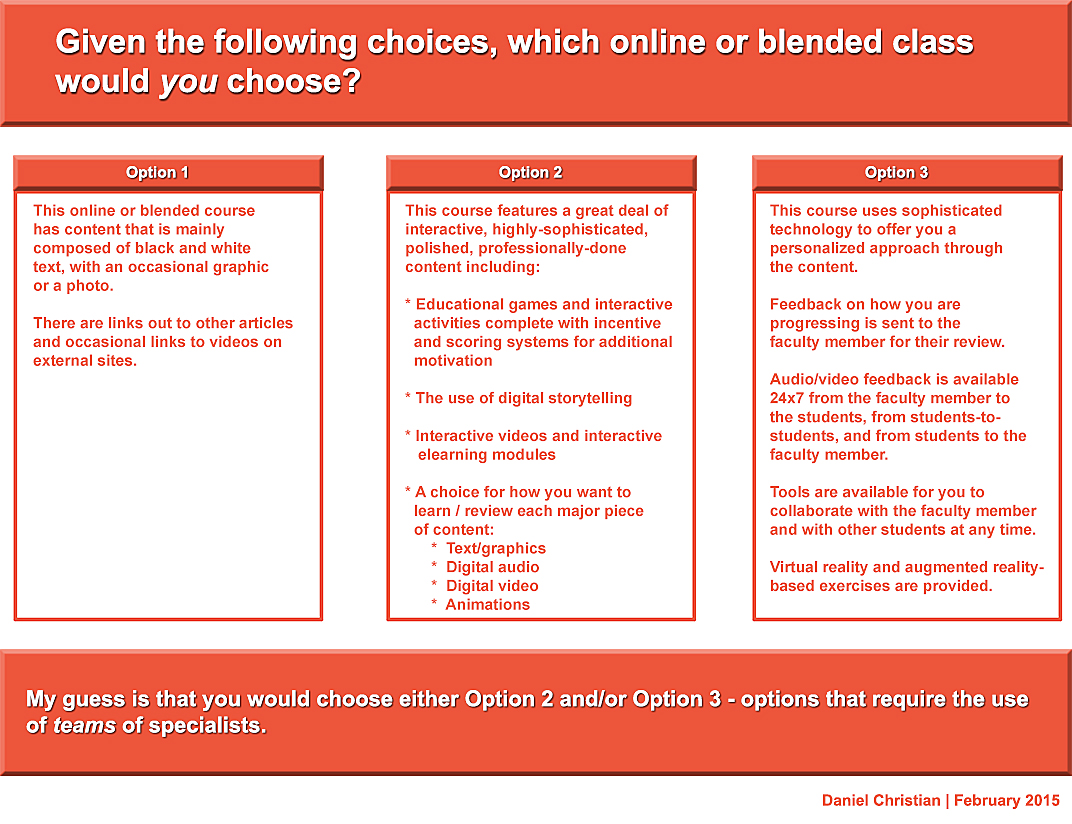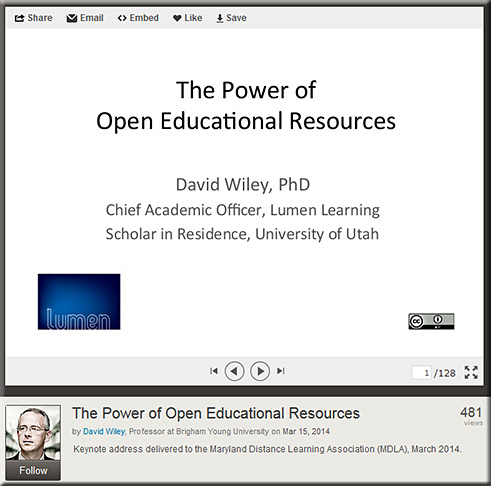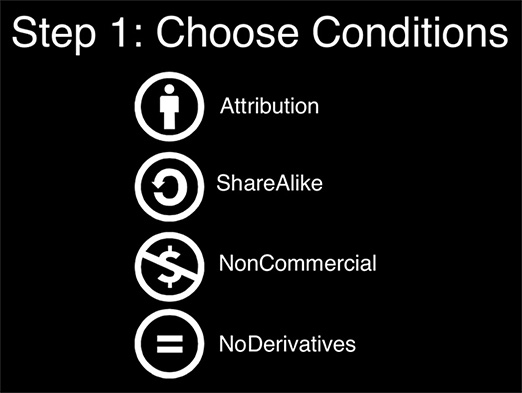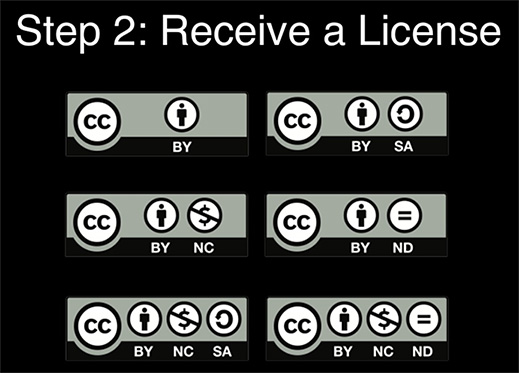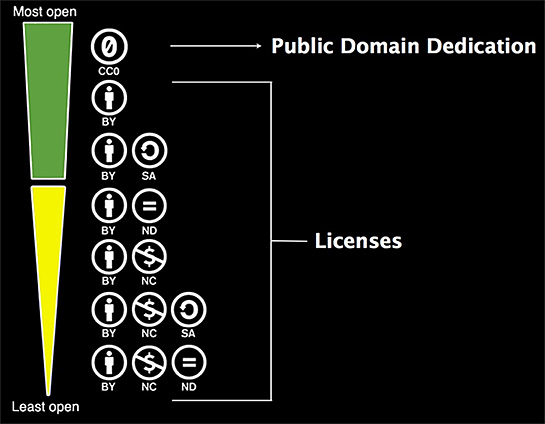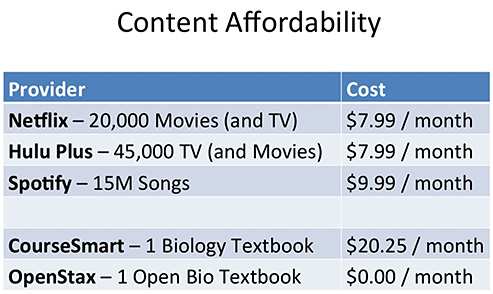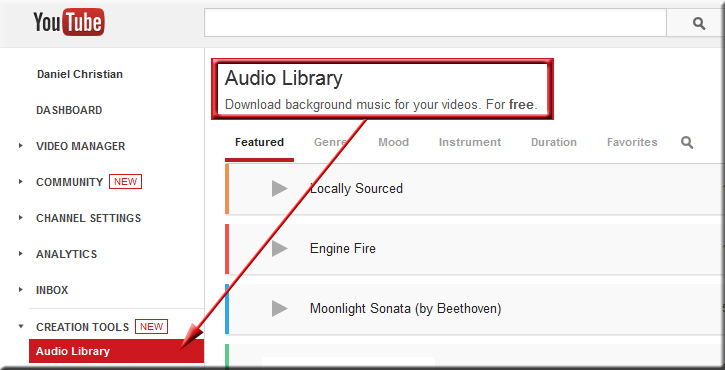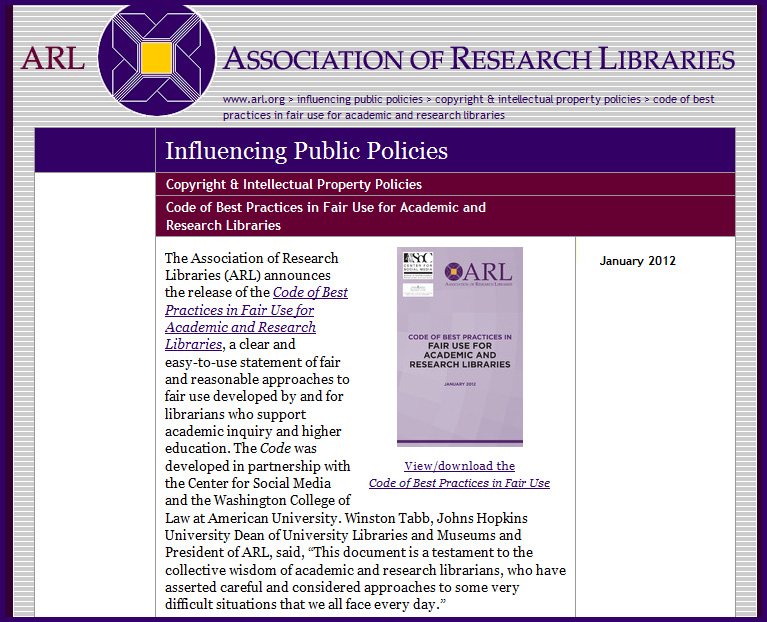We’ve been warned about AI and music for over 50 years, but no one’s prepared — from theverge.com by Dani Deahl
‘This road is literally being paved as we’re walking on it’
Excerpt:
AI is capable of making music, but does that make AI an artist? As AI begins to reshape how music is made, our legal systems are going to be confronted w/ some messy questions regarding authorship.
law will also have to contend with the bigger issue of authorship. That is, can an AI system claim legal authorship of the music it produces, or does that belong to the humans who created the software?










